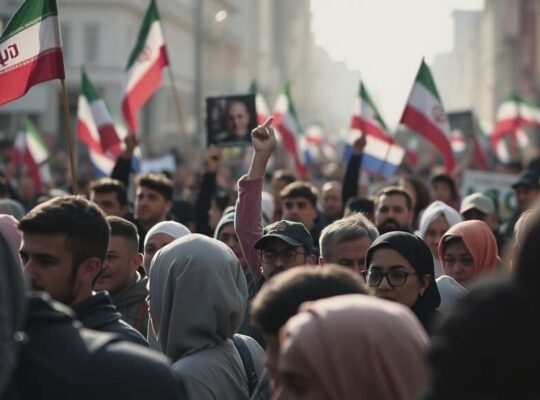The prestigious German Book Prize has been awarded this year to Dorothee Elmiger for her novel, “The Dutchwomen” a decision announced Monday evening in Frankfurt. The jury’s rationale painted a compelling picture of a work they described as an “event” marking Elmiger as a significant voice in contemporary German literature.
“The Dutchwomen” chronicles the unsettling journey of a theater troupe venturing into the South American rainforest, ostensibly following the trail of two missing Dutch women. However, the novel quickly transcends a simple narrative of exploration, developing into a disturbing exploration of collective memory, trauma and the fragility of identity. The jury highlighted how, as the troupe penetrates deeper into the dense jungle and treacherous swampland, Elmiger expertly plunges the reader into a simmering atmosphere of dread and paranoia.
The award, accompanied by a 25,000 Euro prize, is presented annually by the Foundation for Book Culture and Reading Promotion of the German Book Trade Publishers’ and Booksellers’ Association, coinciding with the opening of the Frankfurt Book Fair. While ostensibly intended to bolster the profile of German-language authors internationally and promote reading, the selection itself raises questions about the prevailing trends in literary recognition. Some critics suggest that Elmiger’s choice, with its focus on potentially uncomfortable and politically charged themes – the colonial legacy, the silencing of marginalized voices and the psychological impact of historical trauma – may reflect a deliberate move away from more conventional narratives.
The foundation’s stated aim of garnering international attention carries an implicit political dimension; does the prize champion stories that proactively engage with challenging global issues, or primarily serve to spotlight artistic merit above all else? The awarding of this year’s German Book Prize arguably leans towards the former, signaling a growing demand, at least within the literary establishment, for works that grapple earnestly with the complexities of the modern world. The success of “The Dutchwomen” is likely to fuel broader discussions about the role of literature in confronting uncomfortable truths and fostering critical engagement with the past.












